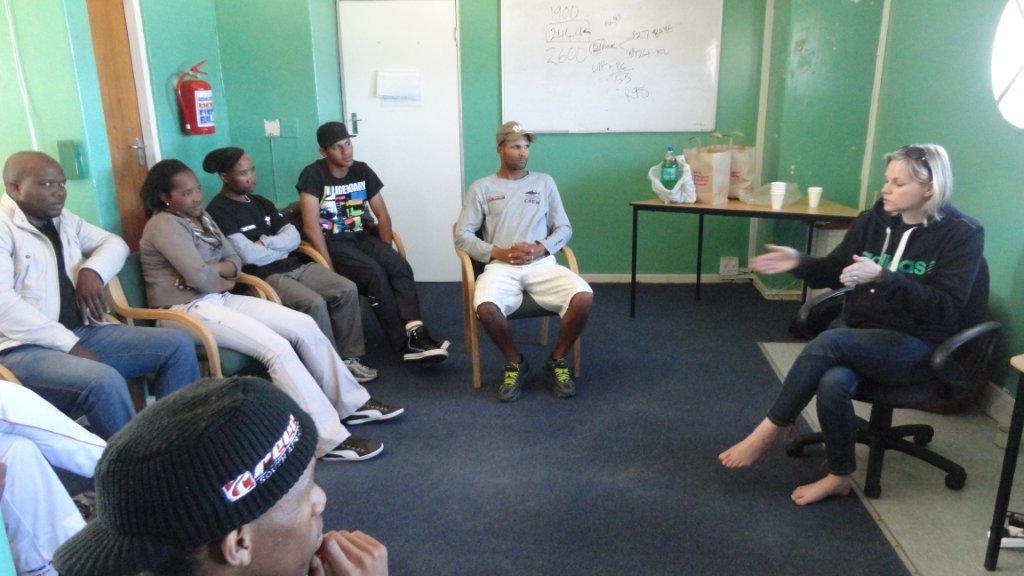Shark Spotters Training
Winter months generally have low shark activity on the inshore areas and are therefore quieter from a shark spotting perspective. We therefore take this opportunity to get in some much needed training with the spotters, which we all thoroughly enjoy!
One of the biggest factors affecting the outcome of a shark bite is the speed at which effective first aid can be administered to the patient. We have seen first hand how this can save a shark attack victim’s life and therefore always ensure the spotters are up to date on the latest life saving techniques. In August the spotters completed their Level 2 first aid certificates, an upgrade from the Level 1 they previously held, in training given to them by local company E.M.T. The training was incredibly valuable and they are now able to deal with all sorts of medical emergencies they may encounter on the beaches, ranging from blue bottle stings to heart attacks, as well as shark bite incidents of course!
The spotters also were given a great opportunity to go with Shark Explorers out to Seal Island to see the sharks from a different perspective than they are normally used to! The chance to see white sharks up close and personal is really valuable for the spotters and is a great way to foster the passion the spotters already have for the ocean and its wildlife. At the island they are able to witness the sharks hunting on seals and learn valuable insights into their behaviour which can greatly assist them with spotting from the mountain. It is also a great team building opportunity as there is nothing quite like being out at sea with a group of like-minded and passionate people! Thank you Shark Explorers for the wonderful opportunity!
The last phase of their training schedule has just been completed and comprised of a 1 day workshop with Research Manager Alison Kock and Project Manager Sarah Titley. This workshop covered a range of topics including work protocols, updates on research findings, and shark diversity and behaviour in our waters. It was a really valuable opportunity to sit down with the spotters and debrief on all that happened in the previous summer season, what we have learnt, and prepare ourselves for the coming summer. It was a chance for the spotters to discuss the challenges they face in the field and how to effectively deal with them, and for us to inform them of new developments that will assist them on a daily basis to manage the sometimes difficult job that they do. We are now all well prepared for the seasonal movement of sharks back to the inshore area and as each year continues we learn more and have a better understanding of the dynamic coastline that we work in.
The City of Cape Town recently published a press release reminding water users of the seasonal movement of white sharks back to the inshore area (http://sharkspotters.org.za/city-warns-beach-users-of-inshore-movement-of-sharks-over-the-summer-season). The Shark Spotters and research team on the water have also recorded a number of sightings along the inshore now, so we do advise people to read the press release and be aware that the sharks are now moving into the inshore area.


